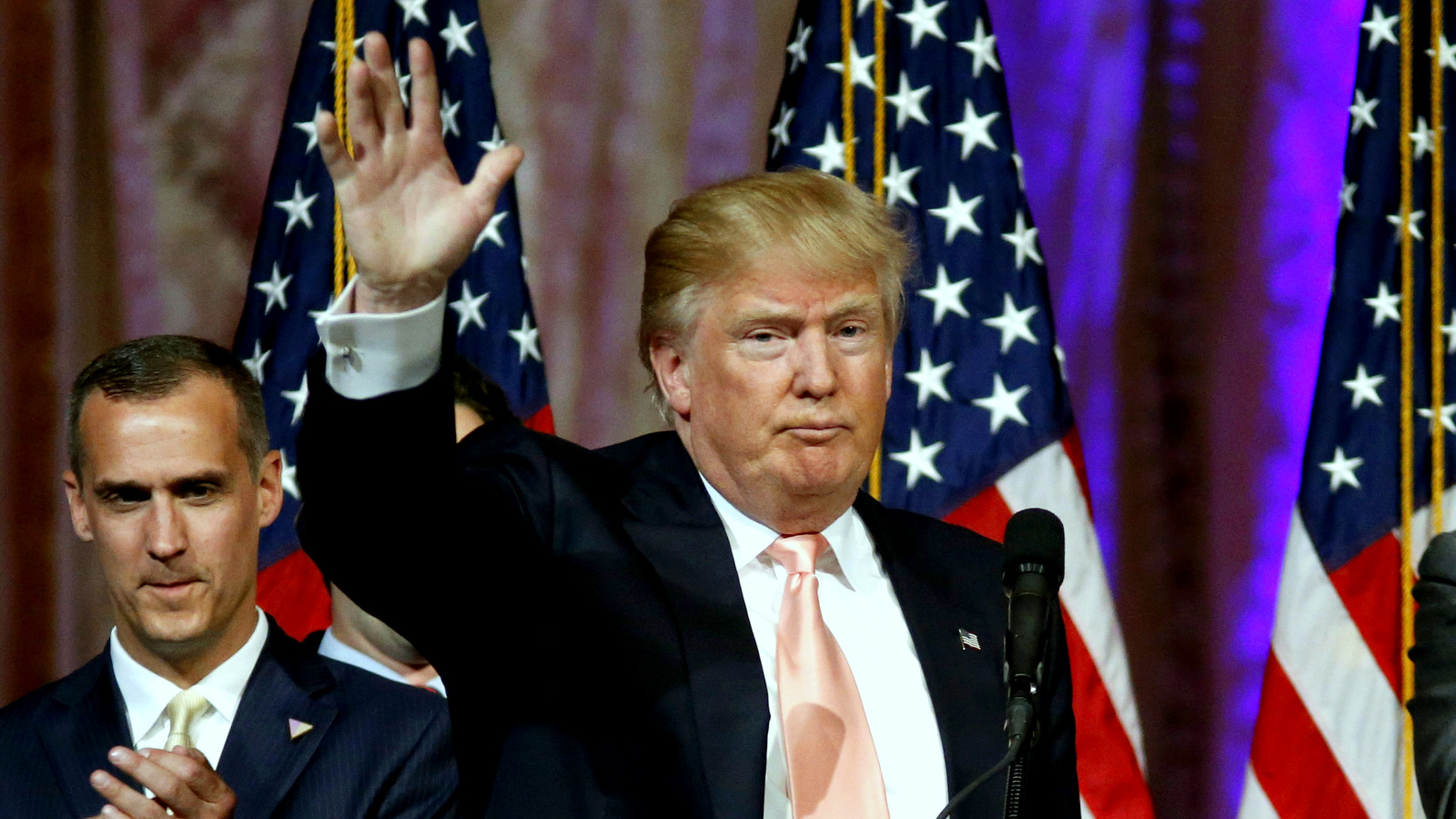
As you probably heard, Donald Trump canceled a rally in Chicago after scuffles broke out between Trump supporters and opponents around the arena where the candidate was supposed to speak.
True to form, Trump blamed everybody but himself for this debacle. He eventually decided that Democratic presidential candidate Bernie Sanders was somehow at fault — and even threatened to send protesters of his own to disrupt rallies for Sanders.
What was newsworthy was that Trump himself canceled the event. He normally revels in the clashes between protesters and supporters that erupt at his rallies.
These confrontations have become routine, with the real estate mogul usually egging on his supporters to “rough up” interlopers. He’s cheered on supporters who’ve shoved, kicked, and punched protesters — even people who’ve simply stood silently at Trump’s rallies.
Throughout it, he’s had the gall to claim that he deserves credit for keeping the events as calm as possible.
Despite the incendiary tone of his rhetoric — that all Muslims are our enemies, that Mexicans are rapists and drug dealers, and that practically anybody who disagrees with him is an ISIS supporter or a “socialist” — Trump refuses to take responsibility for the violence he incites among his followers.
Indeed, he told NBC’s Chuck Todd that he wasn’t condoning violence, not even when he told a crowd shouting down a protester, “I’d like to punch him in the face.” Darker still was Trump’s reminiscing, “I love the old days — you know what they used to do to guys like that when they were in a place like this? They’d be carried out on a stretcher, folks.”
Similarly, Trump said at an earlier rally that if supporters saw anybody with a tomato, “Knock the crap out of them, would you? Seriously. OK? Just knock the hell [out of them]. I promise you I will pay for the legal fees.”
Combined with his offer to pay the legal fees of a supporter who assaulted a peaceful Black Lives Matter activist, that’s a blank check for violence.
The American body politic certainly has seen demagogues in the past. Former Alabama governor George Wallace, who ran for president in 1968, 1972, and 1976, comes to mind immediately. Former Ku Klux Klan leader David Duke, who ran for multiple state and federal offices in the 1980s and ‘90s (and has since thrown his support to Trump), similarly attracted fringe elements to his rallies.
But violence at American political rallies has never been acceptable, especially violence encouraged by the candidate. That’s why comparisons of Trump with other American demagogues aren’t an easy fit.
Trump’s events are more akin to the old fascist rallies of figures like Benito Mussolini. The Italian leader and his “brown shirt” goons routinely beat protesters at rallies around Italy in the 1920s and 1930s. They targeted communists and anarchists at first, but graduated to socialists and then to all small-d democrats as they solidified their iron grip on power.
Trump’s tactics aren’t unlike those of the fascists who came before him. It goes something like this:
First, they isolate and attack marginalized people with little political power, like Muslims and undocumented workers. Later, they graduate to “socialists” and other opponents of dangerous right-wing populism. Finally, they play the victim and deny adamantly that they’ve done anything wrong.
Anyone who challenges them, they claim, just wants to tear the country down. “These people are so bad for our country, you have no idea,” Trump has complained to his supporters. “There used to be consequences” for protesting.
But Americans shouldn’t be fooled. Trump isn’t at all unique or special. He doesn’t have a gift for connecting with the common man. He’s just a bully and a demagogue.
![]()

